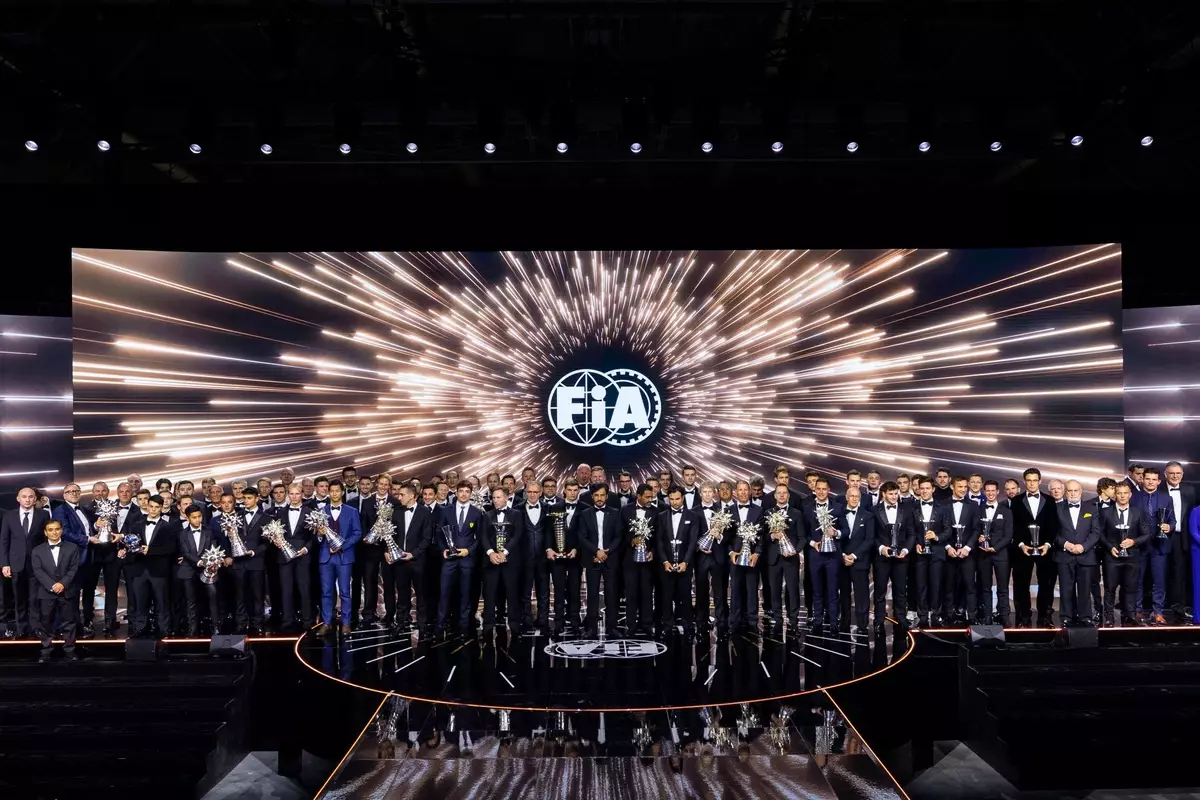As the world continues to grapple with various health crises, the International Automobile Federation (FIA) has chosen to move forward with its prestigious annual Prize Gala in Kigali, Rwanda, despite rising concerns over a recent outbreak of the Marburg virus. Scheduled for December 13, 2023, this event is particularly significant not just for the awards it presents to champion drivers from different racing series but also for commemorating the FIA’s 120th anniversary. However, the context of an ongoing health emergency casts a shadow over this celebratory occasion, prompting questions about the ethics and implications of hosting such a large gathering in a location facing serious medical challenges.
The Marburg virus, closely related to Ebola, has emerged as a critical public health threat in Rwanda, with confirmed cases beginning in late September. Current reports indicate that Rwanda is grappling with 58 confirmed cases and 13 fatalities. As health officials scramble to contain the virus, the World Health Organization (WHO) has classified the outbreak’s risk level as “very high” nationally and “high” regionally. The preliminary assessments suggest that while travel and trade restrictions with Rwanda are not mandated, the situation remains precarious, calling for caution among potential attendees of the Gala.
Rwanda’s Ministry of Health is actively engaging with the WHO to implement measures to combat the outbreak. Their proactivity, aimed at monitoring the spread of the virus, exemplifies the local government’s commitment to safeguarding its citizens and visitors alike. These developments beg the question of whether the FIA’s plans for the Gala are a socially responsible decision or a miscalculation given the circumstances.
Hosting an international event like the FIA Prize Gala presents multiple logistical challenges, particularly in the context of a health crisis. Formula 1 champions and racing enthusiasts from around the world usually attend this event, steeped in tradition and prestige. However, this year may be markedly different. The prospects of ensuring the safety of illustrious figures and guests becomes increasingly complex when local hospitals and healthcare facilities are under strain due to the outbreak.
Moreover, the event’s attendance is not just limited to drivers; it typically involves a host of delegates, spectators, and notable industry figures, all of whom would need adherence to health protocols. The potential for spreading the Marburg virus through close interactions inherently complicates the planning, signalling that the FIA must carefully consider its responsibilities toward guest and public safety.
Despite the burgeoning health crisis, an FIA spokesperson has articulated the organization’s current unwavering commitment to proceed with the Gala. The FIA maintains that it is in close contact with health ministries in Rwanda to stay informed about evolving conditions. This approach seeks to reassure stakeholders that the FIA is not operating in ignorance of the outbreak; rather, it intends to act prudently while proceeding with its plans.
However, the challenge lies in balancing enthusiastic celebration with public health responsibility. There’s a clear dichotomy between the excitement of honoring champions and the undeniable threat to lives posed by the Marburg virus. The notion that the FIA could potentially overshadow critical health warnings with a glamorous event raises ethical concerns.
As the FIA pushes forward with its plans for the Prize Gala in the midst of a grave health emergency in Rwanda, it presents a complex tapestry of celebration, caution, and responsibility. With the increasing number of Marburg virus cases, the risk factors associated with holding such an event cannot be overlooked.
In seeking to honor driving excellence and celebrate over a century of the FIA’s history, the organization faces the intricacies of modern public health ethics. This situation serves as a potent reminder of the delicate interplay between sporting accolades and the safeguarding of human life, particularly during times of crisis. Ultimately, as we await further developments, the decision of the FIA may serve as a benchmark for future events in similar contexts, where national pride and public safety must both be meticulously weighed.


Leave a Reply